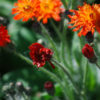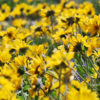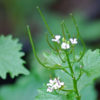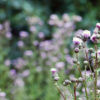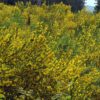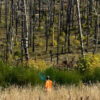Orange hawkweed (Hieracium aurantiacum) is a relatively new invasive weed in Clackamas County and we are working to keep it from becoming a common problem for landowners! A member of the sunflower family, orange hawkweed is native to central and southern Europe and grows in open areas like roadsides, meadows, pastures, hayfields, and disturbed sites. […]
